
‘This Year of Mercy is a good occasion to meet again, to embrace and forgive one another and to forget the bad things.’
Dear Brothers and Sisters, good morning!
In Sacred Scripture, God’s mercy is present throughout the history of the people of Israel.
The Lord accompanies, with His mercy, the path of the Patriarchs; He gives them children despite the condition of sterility, He leads them by ways of grace and reconciliation, as the story of Joseph and his brothers shows (Cf. Genesis 37-50). And I think of how many brothers who have estranged themselves from their family and do not speak to one another. But this Year of Mercy is a good occasion to meet again, to embrace and forgive one another and to forget the bad things. However, as we know, life in Egypt became hard for the people. And it was in fact, when the Israelites were about to succumb, that the Lord intervened and brought about salvation.
In the Book of Exodus, one reads: “A long time passed, during which the king of Egypt died. The Israelites groaned under their bondage and cried out, and from their bondage their cry for help went up to God.
God heard their moaning and God was mindful of his covenant with Abraham, Isaac and Jacob. God saw the Israelites, and God knew….” (2:23-25). Mercy cannot remain indifferent in face of the suffering of the oppressed, of the cry of one subjected to violence, reduced to slavery, condemned to death. It is a painful reality that afflicts every age, including our own, and which often makes us feel impotent, tempted to harden our heart and think of something else. God, instead, “is not indifferent” (Message for the Day of Peace 2016, 1), He never looks away from human pain. The God of mercy responds and takes care of the poor, of those who cry their desperation. God listens and intervenes to save, inspiring men capable of hearing the groan of suffering and of working in favor of the oppressed.
This is how the story of Moses begins, as mediator of liberation for the people. He confronts the Pharaoh to persuade him to let Israel leave; and then he guides the people, through the Red Sea and the desert, to freedom. Moses, whom Divine Mercy saved from death in the waters of the Nile when he was newly born, becomes the mediator of that same mercy, enabling the people to be born to freedom, saved from the waters of the Red Sea. And in this Year of Mercy, we can also do the work of being mediators of mercy with works of mercy to come close, to give relief, to create unity. So many good things can be done.
God’s mercy acts always to save. It is the opposite of the work of those who always act to kill: for instance, those who make wars. Through his servant Moses, the Lord guided Israel in the desert as if it were a child; He educated it to faith and made covenant with it, creating a very strong bond of love, as that of a father with a son and of a husband with a wife.
Divine mercy reaches that much. God proposes a particular, exclusive and privileged relation of love. When He gives Moses instructions regarding the covenant, He says: “Now, if you obey me completely and keep my covenant,* you will be my treasured possession among all peoples, though all the earth is mine. You will be to me a kingdom of priests, a holy nation.”(Exodus 19:5-6).
God certainly already possesses the whole earth, as He created it, but the people become for Him a different, special possession: His personal “reserve of gold and silver,” as that which King David affirmed he gave for the construction of the Temple.
Well, we become so for God by receiving His covenant and letting ourselves be saved by Him. The Lord’s mercy renders man precious, as a personal richness that belongs to Him, which He guards and with which He is pleased.
These are the wonders of Divine Mercy, which reaches fulfilment in the Lord Jesus, in that “new and eternal covenant” consummated in His Blood, which with forgiveness destroys our sin and renders us definitively children of God (Cf. 1 John 3:1), precious jewels in the hands of the good and merciful Father. And if we are children of God and have the possibility of having this inheritance – that of goodness and mercy – in our dealings with others, let us ask the Lord that in this Year of Mercy we also do things of mercy; open our heart to reach everyone with works of mercy. the merciful inheritance that God the Father has given us.
Zenit

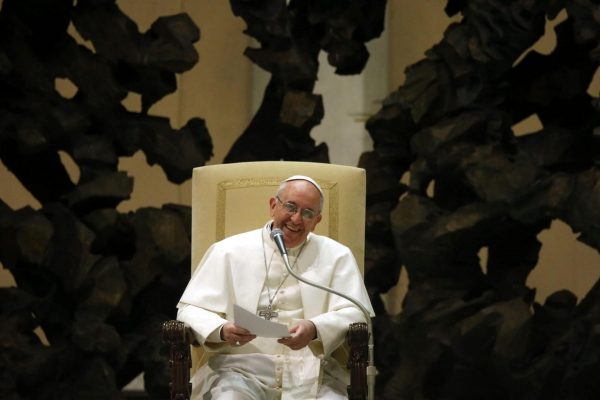

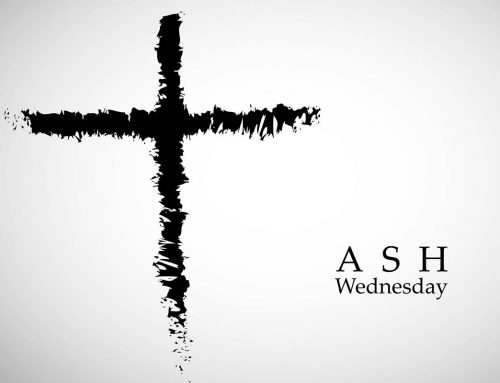
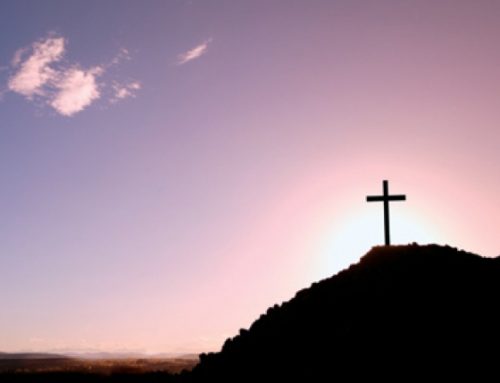
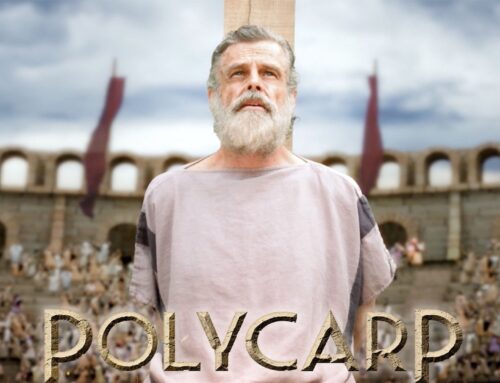
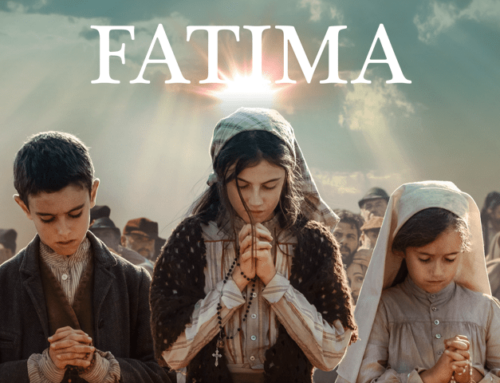
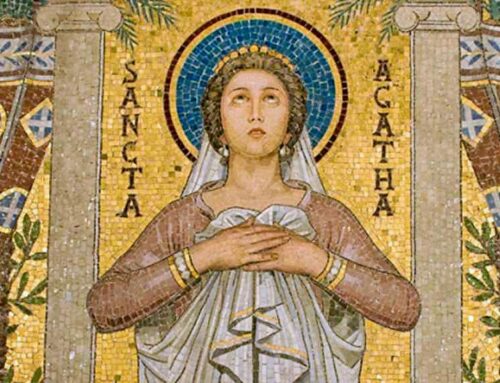
Leave A Comment
You must be logged in to post a comment.